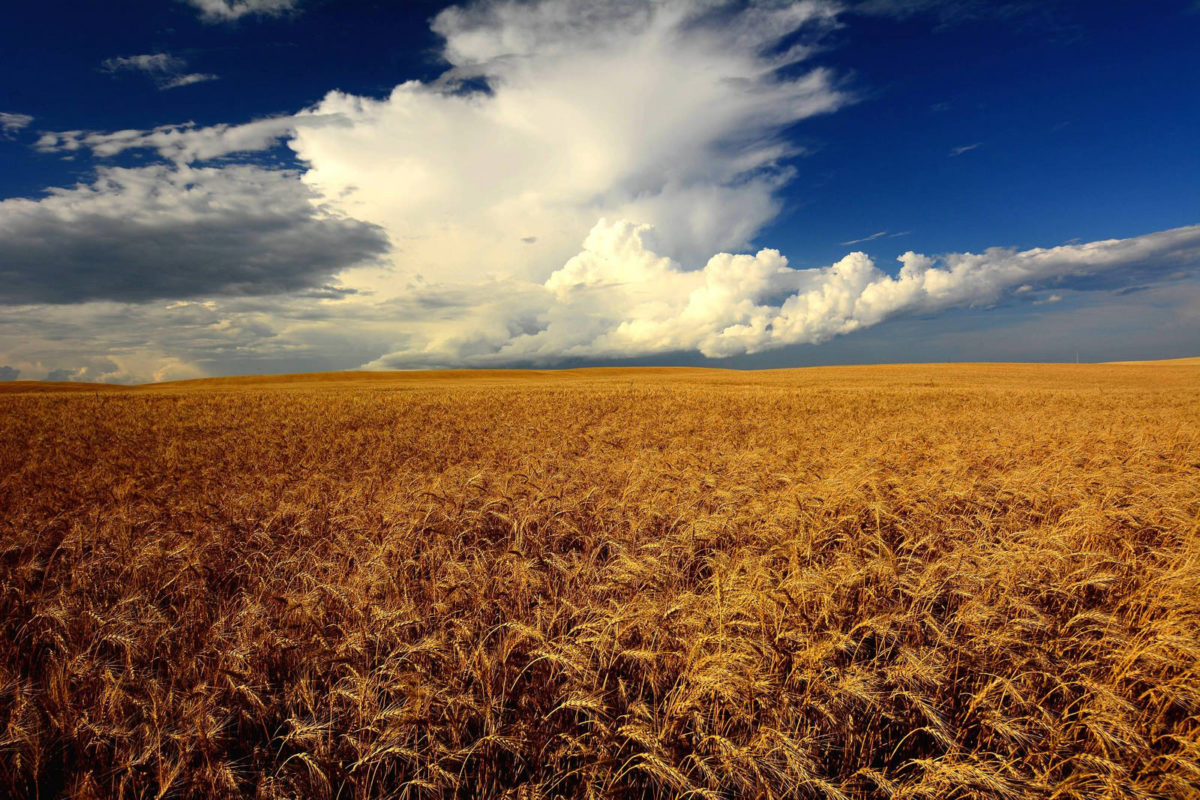At first blush, we could easily assess Luke’s version of the Beatitudes as simply different than Matthew’s. After all, each is demonstrative of the Evangelist’s respective Christology, to be certain. We could allow our sermons to devolve into Gospel comparison. We could explain away Jesus’ Sermon on the Plain as that which exemplifies Luke’s portrait of Jesus. It totally fits with Elizabeth and Mary and the shepherds, etc. And thus, so many sermons seem satisfied with such analysis. As if that really might save people.
But I suspect that our temptation to interpret Jesus’ Sermon on the Plain in comparison to Matthew’s Sermon on the Mount is a convenient homiletical diversion from our discomfort. Because, at the end of the day, analysis of our society and observation of the human condition suggest that no one really wants to be on the same level. If that were the case, the rich would not be as rich as they are and the poor would not be as poor as they are.
Having to stand on the same level as those whom you have deemed less-than, even more-than, is almost too much to imagine, too much to bear, and, at the end of the day, not how the world works. We have so elevated the popular, the important, that which is and those whom are determined as better, those demonstrably beyond our reach, it’s almost as if we have no perspective, at least no perspective of a level plain.
Society has verified those on the mountaintops – and how dare we imagine approaching such royalty. And, we like being situated on a mountain, don’t we? A view from a mount seems like a better option that being on the same level as the rest of the world. Looking down. Having the view we want. Thinking it’s a better view. Assuming it’s a better view. The vistas are clear. There is nothing obstructing our view. There is nothing standing in our way of seeing what we want to see. Oh yes, that is a very good place to be.
And yet, if we are honest, even the view from a mountaintop can be a rather uncomfortable, even lonely, perspective. We can’t help but realize that the view looks down — down on those who haven’t made it to our level. Down on those whom we really don’t want on our level. Down on those we’ve deemed unworthy of our level.
This story exposes our unconscious biases — how much our perspective has been decided by our society, our culture. Our implicit biases that have prescribed those in the valleys — those acceptable to look down upon. Those deemed less than. Yes. The level plain perspective is a vision hard to see.
We start to realize that those in the valley have to look up — and what are we looking up to? The level plain reminds us of how much we don’t feel worthy to be on the same level as others; that as soon as we start to see ourselves on the same level we start to wonder — where should we cast our gaze? Up? Or down? We start to wonder why it is so hard to look sideways. To look around us, beside us, in front of us.
The level plain challenges all of the above, Dear Working Preachers. We don’t get to stand on mountains or wallow in valleys. Instead, we are called to look for the level plains.
And so, we have to come to terms with our discomfort with the level plain. As noted above, I suspect we don’t like being on an equal level with others. A level plain assumes a rather blurred view. You have to stand on your tippy toes to see. Vision is not clear. Things and people are in your way. We know this experience. Imagine a concert. Trying to see over the heads of others, in between the bodies of others, so as to bring into view the reason you are there.
And so, what difference does it make that this is where Jesus wants us to be and asks us to be. Not on a hill looking down on others. Or looking up, in shame, as if we are not worthy. How much we capitulate to the bifurcation of our world, to elevate some and lower others. To want to be elevated by others and fear being lowered.
Asked of us in this story, demanded of us in this story, is our call to find the level plains of life and ministry. The level plains that insist church, faith, and belief see the world from that perspective. The level plains that seek to call out the haughty and uplift the lowly. The level plains of being okay with a less-than-clear view. But, a less-than-clear view might reveal vistas that actually enable us to see the Kingdom of God.
Karoline

